It’s crazy how what we believe and how we behave as an adult is often so directly tied to what we hated about our childhood.
I’m reading a book right now called “When the Clock Broke: Con Men, Conspiracists, and How America Cracked Up in the Early 1990s,” by John Ganz, and one chapter discusses Rush Limbaugh, a conservative talk radio icon.
I remember watching Rush Limbaugh’s short-lived TV talk show as a kid with my parents, buying my Dad one of the crazy-colored neckties for Father’s Day.
My boss listened to Rush every day on the worksite painting houses in college.
I listened to him myself on daytime drives from Taylor University back to Indy in college.
I’m very familiar.
Rush Limbaugh: A Teenage Outcast Finds Fame and Influence
According to the book, Rush was a bit of an outcast as a kid.
Chubby, quiet, unathletic, and terrible with girls. Often, ridiculed and embarrassed by other kids.
Yet, he found early on that on the radio, he could transform into performance mode and become someone he wasn’t.
He found his niche in right-wing ideologies that grew his audience.
I imagine if you grew up feeling like an outcast, suddenly having an audience can be a bit of a drug.
No doubt you would be tempted to double down on anything that made you feel important and relevant, cool even.
Would Rush Limbaugh have become who he was if he hadn’t felt diminished as a teenager?
Would he have believed and said the things he did?
Building Communities of the Ostracized
The same is true for the people who created 4chan and 8chan1, far-right online message boards and communities.
Dedicated “incels” (involuntarily celibate, their term) grew a massive online cult-like community for nazis and radical alt-right terrorists.
These online communities led to the Charlottesville Unite the Right Rally and the January 6th insurrection.
Would any of that have happened if these (predominantly) young men had not felt cast aside as teenagers?
On both accounts, these guys were able to use their own history of being forgotten and cast aside to rally millions of followers who felt the same way, personally or politically, and move them to action.
Pay Attention to Teenagers
I was a youth pastor for five years. I learned in that time to never underestimate teenagers.
They have the ability to change the world and to burn it down.
From the Marjory Stoneman Douglas High School students who, several years later, are still active and changing how young people view gun law to the explosion of mass shooters in America, they impact everything.
Different teenagers respond to events in different ways. Some take the trauma they experience and turn inward and loathsome. Others use that trauma and take action to make the world better for the next generation of teenagers.
Sometimes the trauma is obvious like school shootings or physical abuse. Often, that trauma is the way they’re treated by classmates, family, and friends, and too often overlooked.
Ignore Teenagers at Our Own Peril
Most generations, as we get older, ignore and belittle the subsequent generations. We abhor their music and culture, tease them for being “weird,” and make them feel “less than” to make ourselves feel better.
Likely, you remember experiencing this as a teenager yourself. Parents, family, neighbors and others making fun of the things you were passionate about. It had a lasting impact, no doubt.
Personally, I am one year away from raising a teenager. Honestly, it feels like I’ve been raising one for a couple of years now.
Sure, I don’t love many of the things she loves, and we tease each other sometimes, but it’s important to me to encourage her to be confident in who she is and proud of the things she loves.
Teens today experience stress and anxiety at levels we wouldn’t have been able to believe when we were teens. This makes it all the more important for us to be a strong and supportive presence in their lives, whether we’re family or non-family adults.
Show them what unconditional love and support look like. Make them feel worthy and valuable. Give them a space to grapple with the insane world of teenage hormones and digital chaos they experience daily.
Nurture the Future You Want to Experience
It wasn’t Rush Limbaugh’s political positions that made him who he was. It was his pension for inciting rage and division in America that made him who he was.
Maybe if he hadn’t been cast aside as a teenager, he could have found ways to be more productive in his advocacy for conservative policy and politicians, instead of instilling fear in a huge portion of the electorate in America.
How we treat today’s teens will directly impact the world we experience in twenty years.
What kind of world do you want to grow old in?
1. Black Pill: How I Witnessed the Darkest Corners of the Internet Come to Life, Poison Society, and Capture American Politics, by Elle Reeve

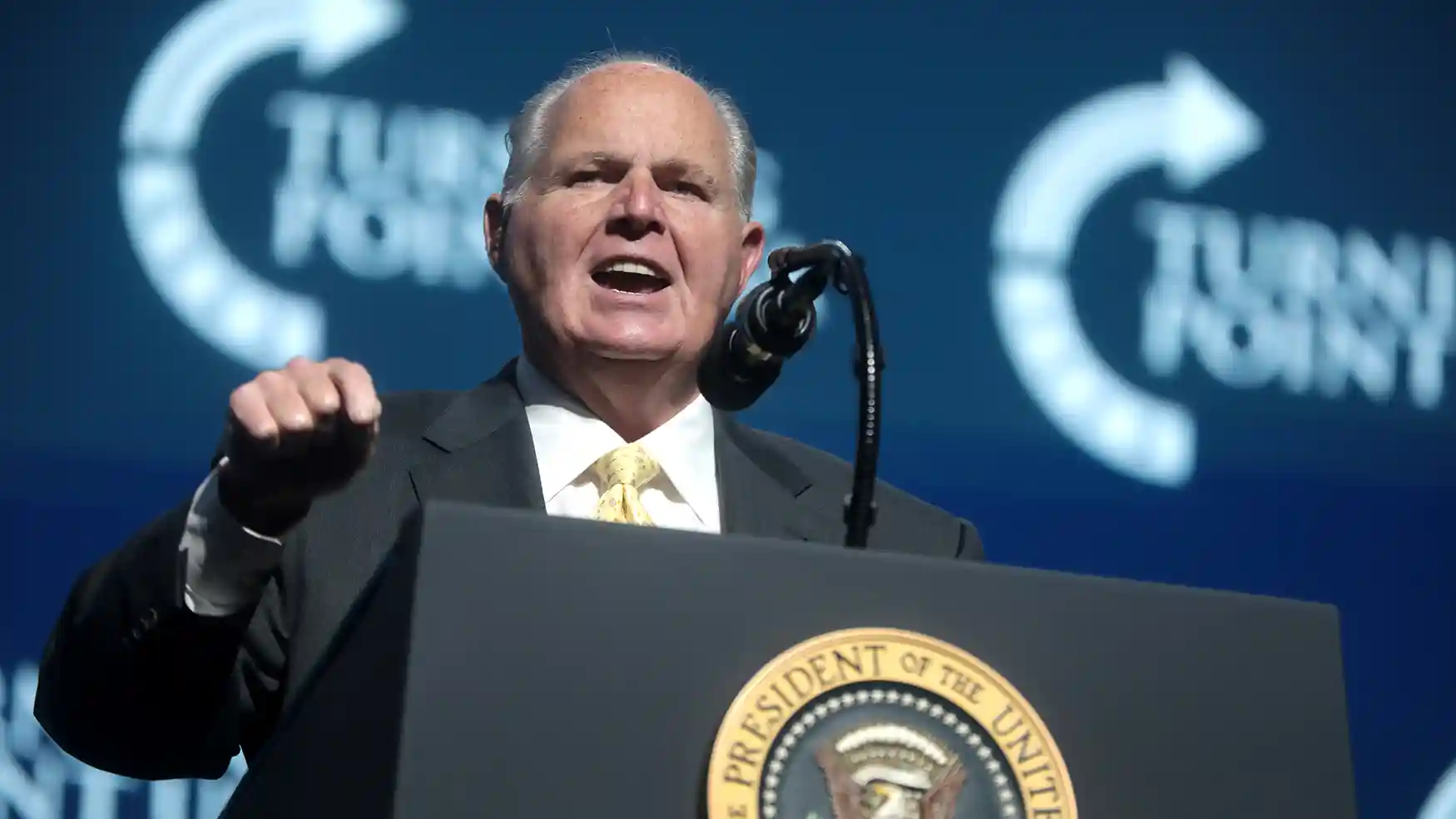



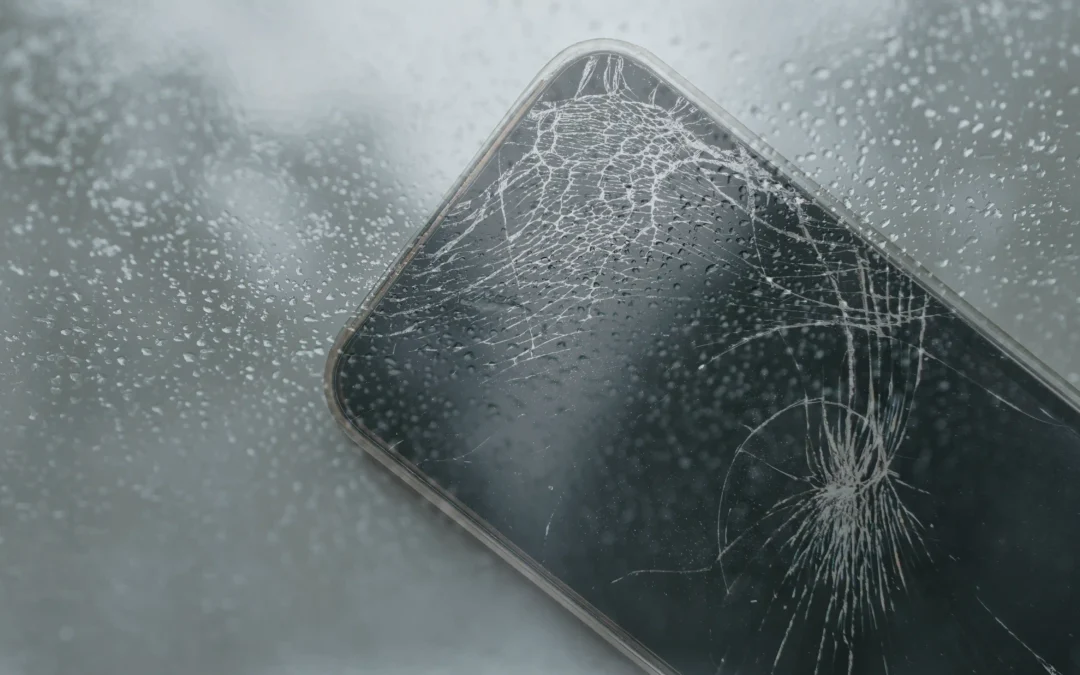
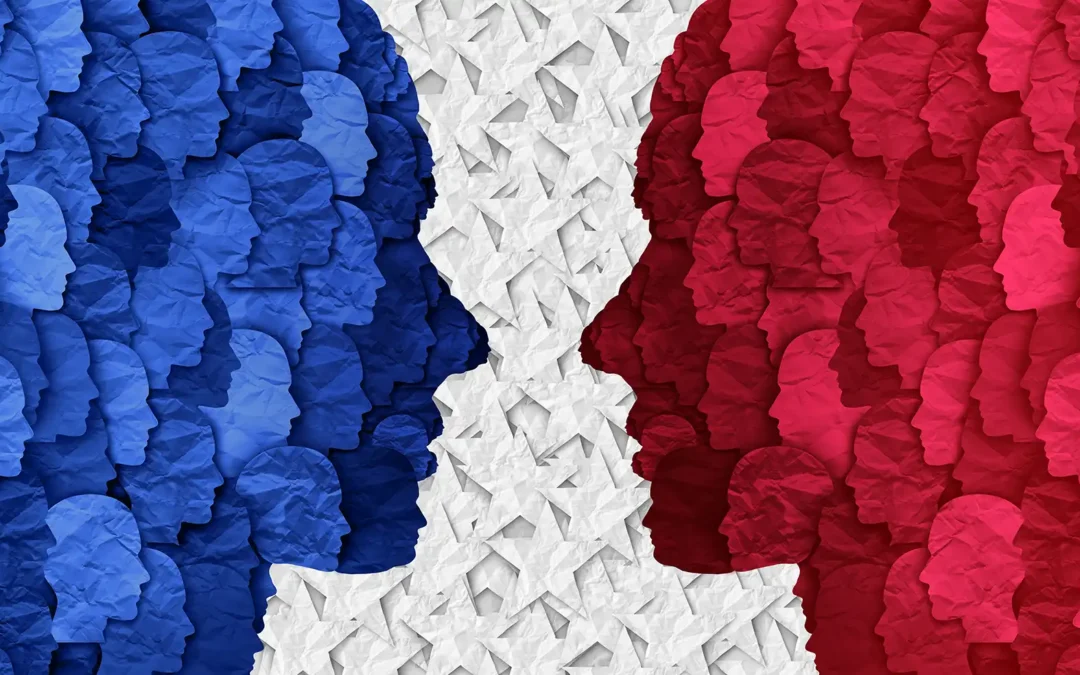
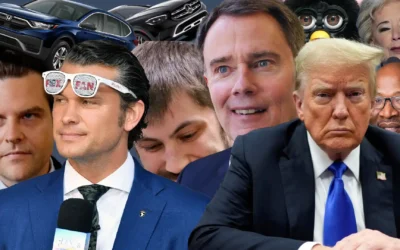

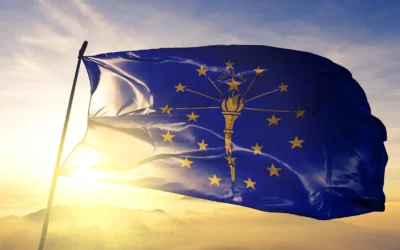
0 Comments